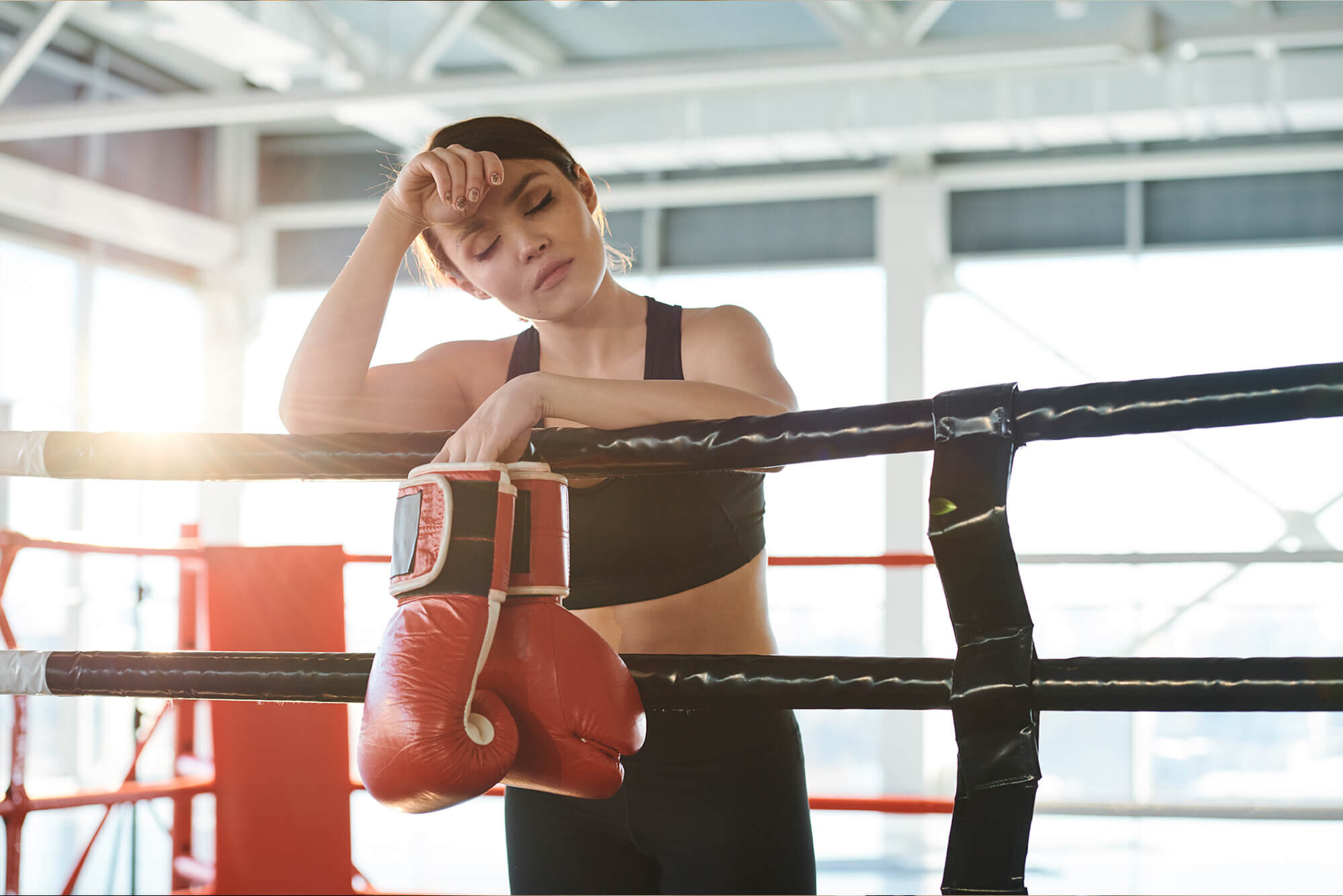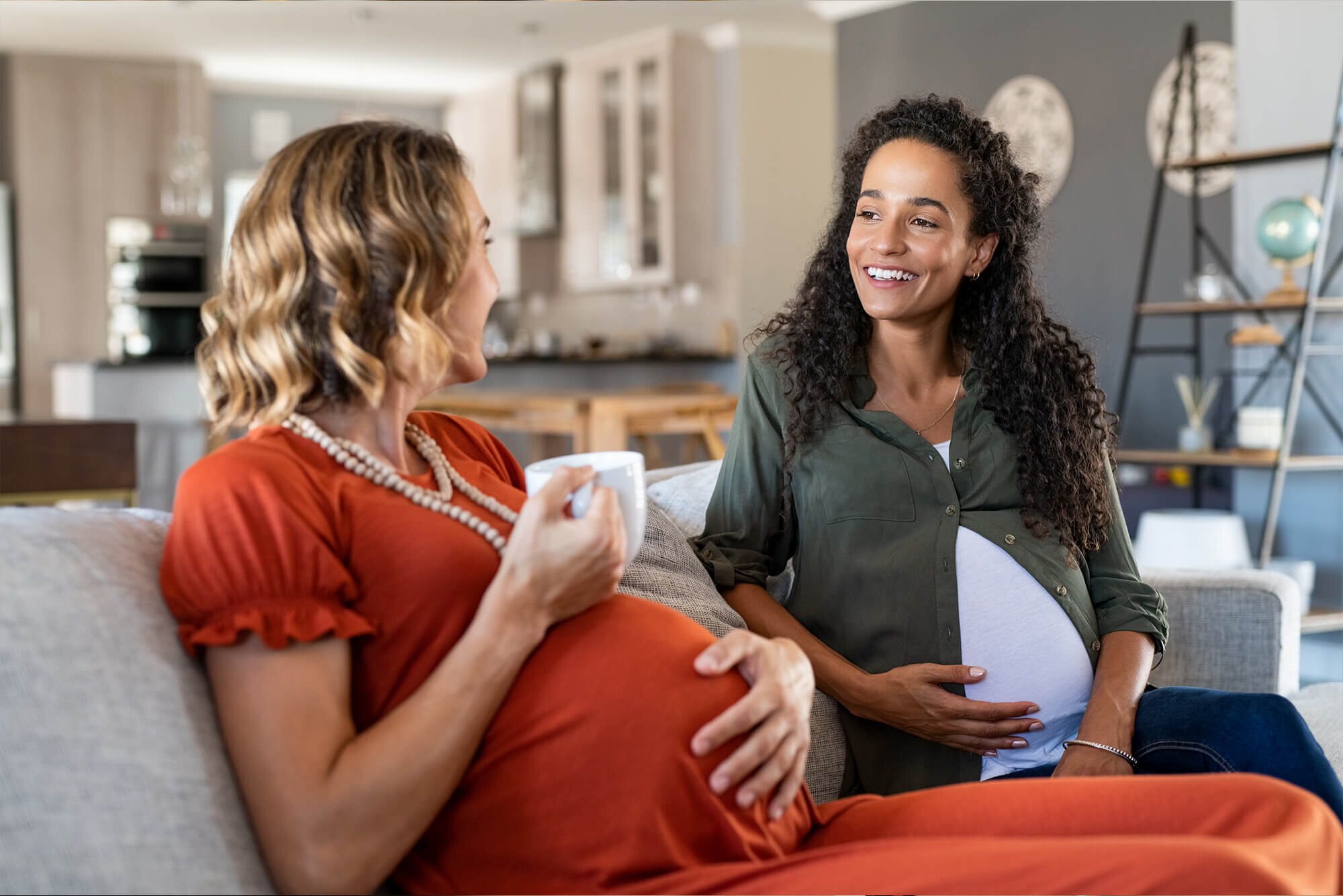Iron Deficiency: The Silent Epidemic in Women
Some women may disregard feeling tired, grumpy, lacking energy, and fatigue as the result of a busy lifestyle, but these are also common symptoms caused by iron deficiency. Our Registered Dietitian, Katrina Dixon takes a closer look.
It’s easy to mistake the symptoms of iron deficiency as feeling run-down or burnt-out. That’s because over-exhaustion and lacking iron can look and feel the same: Feeling fatigued, irritable, lacking energy, poor concentration, always getting sick, and difficulty sleeping. These days, girls and women are busier than ever juggling work, study, family, leisure, and social commitments. It’s no wonder that a nutritious, energy-enhancing diet can sometimes become a last priority and leave us ladies feeling worse for wear.
We all know a healthy, balanced diet and lifestyle is key to overall health. However, there are a few stand-out nutrients that can play a big role in how girls and women feel on a day-to-day basis. Iron is a mineral found in the likes of red meat, poultry, seafood, spinach, and lentils to name a few. This single nutrient packs a massive punch and is essential for good health and physical and mental well-being. We need iron for many different things, but mostly to carry oxygen around the body, to ensure our immune system is ticking over, and to make energy in our bodies for normal bodily function.
While iron is essential for everyone adolescent girls, and women, in particular, need more to meet their daily requirements. Unfortunately, in New Zealand over a third of teenage girls aged 15-18 years do not meet their daily iron requirements, and 1 in 14 women are low in iron – so while these groups need more iron, they aren’t getting enough of it for some reason... If you are wondering “why do girls and women need more iron?” the answer is in our female DNA.
The first stage in the female lifecycle that can be a red flag for iron deficiency is the onset of menstruation. From approximately 11-50 years, most girls and women lose blood every month from their period; and with blood loss comes iron loss. Now, just because females menstruate does not necessarily mean they will become iron deficient (if that was the case, we would have a global problem on our hands), but having higher needs means it’s crucial our wāhine are getting enough iron in the diet. The same goes for athletic girls and women – an iron-rich diet is key to meet the demands of excessive and frequent exercise as well as recovery.
Within the wide-spanning menstruation window, some women (not all) may fall pregnant. Pregnancy is a natural human process, but it is also an enormous iron sap, and for good reason. Iron requirements are 2-3 times higher in pregnant women, this is to support the increasing blood volume, as well as the growth and development of the baby. Again, pregnancy doesn’t necessarily equal iron deficiency, but it’s important for iron levels to be monitored and for expecting mums to have an iron-rich diet prior to, throughout, and after pregnancy. To learn more about iron in pregnancy click here.
So, how can you be iron savvy and make sure you don’t become a statistic? Check out our Ten Top Iron Tips to get plenty of iron in your diet and stay ahead of the game. If you think you may be iron deficient visit your GP and get a blood test done before you reach for iron supplements. If you have ongoing concerns about your health talk to your GP and for tailored nutrition advice, see a Dietitian or Registered Nutritionist.




